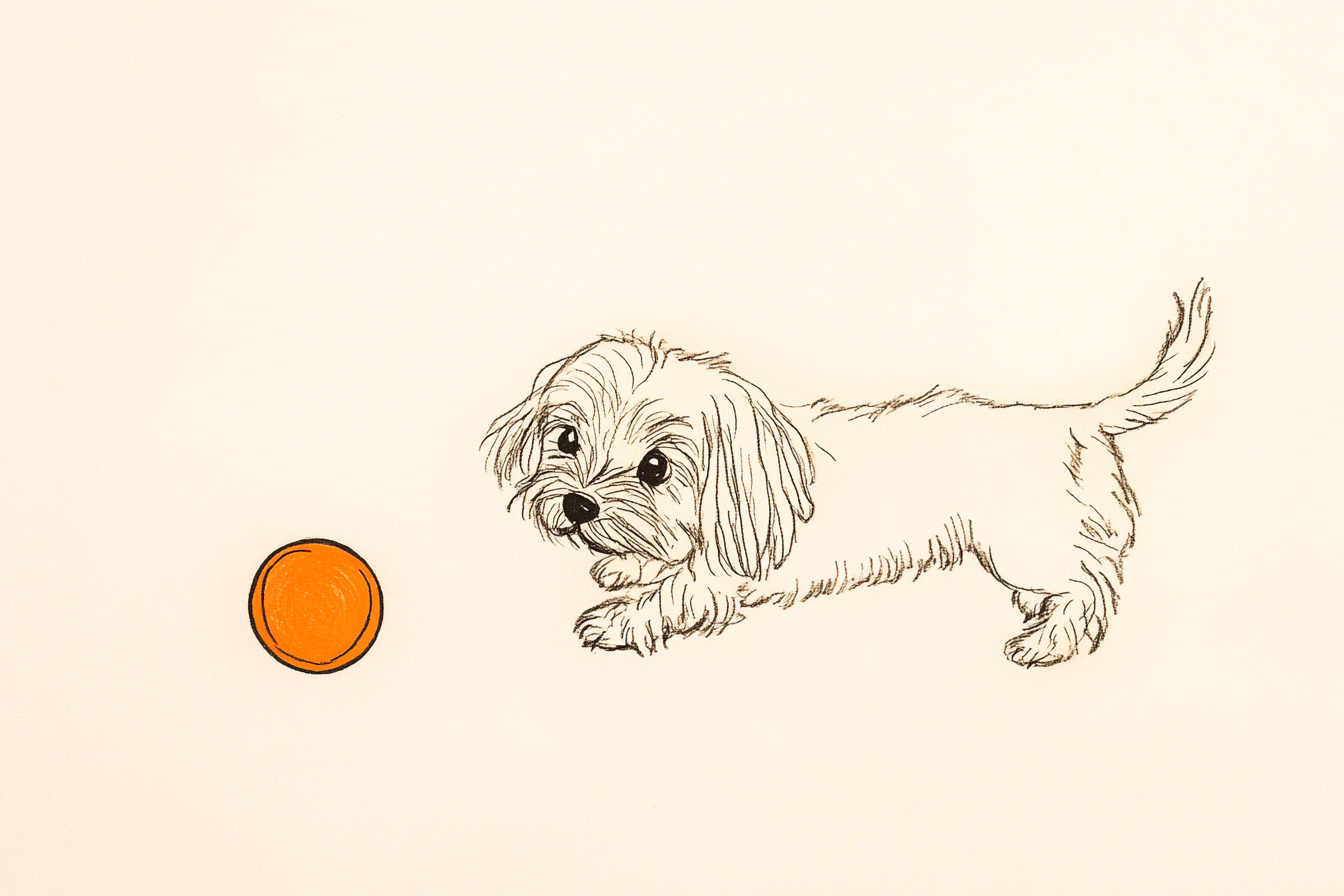Puppy Dental Care: Ensuring a Bright Smile for Your New Furry Friend

Puppy Dental Care: Ensuring a Bright Smile for Your New Furry Friend
Welcoming a new puppy into your home is an exciting time filled with joy and cuddles. While you might be focused on training, feeding, and socializing your furry friend, it's crucial not to overlook one vital aspect of their health: dental care. Proper dental hygiene is essential for your puppy's overall well-being and can help prevent potential health issues down the road. In this guide, we'll explore the importance of puppy dental care and share tips to ensure your pup's teeth and gums remain healthy.
Why Puppy Dental Care Matters
Just like humans, puppies can suffer from dental problems such as plaque buildup, gum disease, and tooth decay if their oral hygiene is neglected. Poor dental care can lead to:
- Bad Breath: Unpleasant odors emanating from your puppy's mouth can be a sign of dental issues.
- Pain or Discomfort: Dental problems can cause pain, making it difficult for your puppy to eat or play.
- Serious Health Issues: Neglected dental care can lead to more severe conditions like heart disease, liver problems, and kidney damage due to bacteria entering the bloodstream. By establishing a dental care routine early on, you can help your puppy maintain healthy teeth and gums throughout their life.
Essential Tips for Puppy Dental Care
1. Start Brushing Early
Introduce your puppy to tooth brushing as soon as possible. Use a toothbrush designed for dogs and a pet-safe toothpaste. Aim to brush your puppy's teeth at least 2-3 times a week. Make the experience positive by rewarding them with praise or a small treat after each session.
2. Provide Dental Chews
Dental chews are a great way to supplement brushing. They help reduce plaque and tartar buildup while keeping your puppy entertained. Look for chews that are specifically designed to promote dental health and are appropriate for your puppy's size.
3. Choose the Right Diet
A balanced diet plays a crucial role in maintaining your puppy's dental health. Some dog foods are specifically formulated to reduce plaque and tartar. Consult your veterinarian for recommendations on the best food options for your puppy's dental care.
4. Offer Safe Chew Toys
Chew toys not only provide mental stimulation but also help keep your puppy's teeth clean. Ensure the toys are safe and durable enough to withstand your puppy's chewing habits. Avoid toys that are too hard, as they can damage your puppy's teeth.
5. Regular Vet Check-Ups
Schedule regular veterinary check-ups to monitor your puppy's dental health. Your vet can provide professional cleaning if necessary and identify any potential dental issues early on. These visits are an opportunity to ask questions and get personalized advice for your puppy's specific needs.
Signs of Dental Problems in Puppies
Being aware of the signs of dental issues can help you take prompt action. Keep an eye out for:
- Red or Bleeding Gums: This may indicate gum disease.
- Excessive Drooling: Could be a sign of oral pain or discomfort.
- Loose or Broken Teeth: These need immediate veterinary attention.
- Loss of Appetite: A sudden disinterest in food might be due to dental pain. If you notice any of these symptoms, consult your vet for a thorough examination and appropriate treatment.
Building a Lifetime of Healthy Smiles
Establishing a dental care routine for your puppy is a proactive step toward ensuring a lifetime of healthy smiles and overall well-being. By incorporating these simple practices into your puppy's daily routine, you'll not only prevent dental issues but also strengthen the bond with your furry friend through regular care and attention.
Remember, a little effort now can lead to a lifetime of wagging tails and bright, healthy smiles. Make puppy dental care a priority, and enjoy the many joyful moments with your new companion.